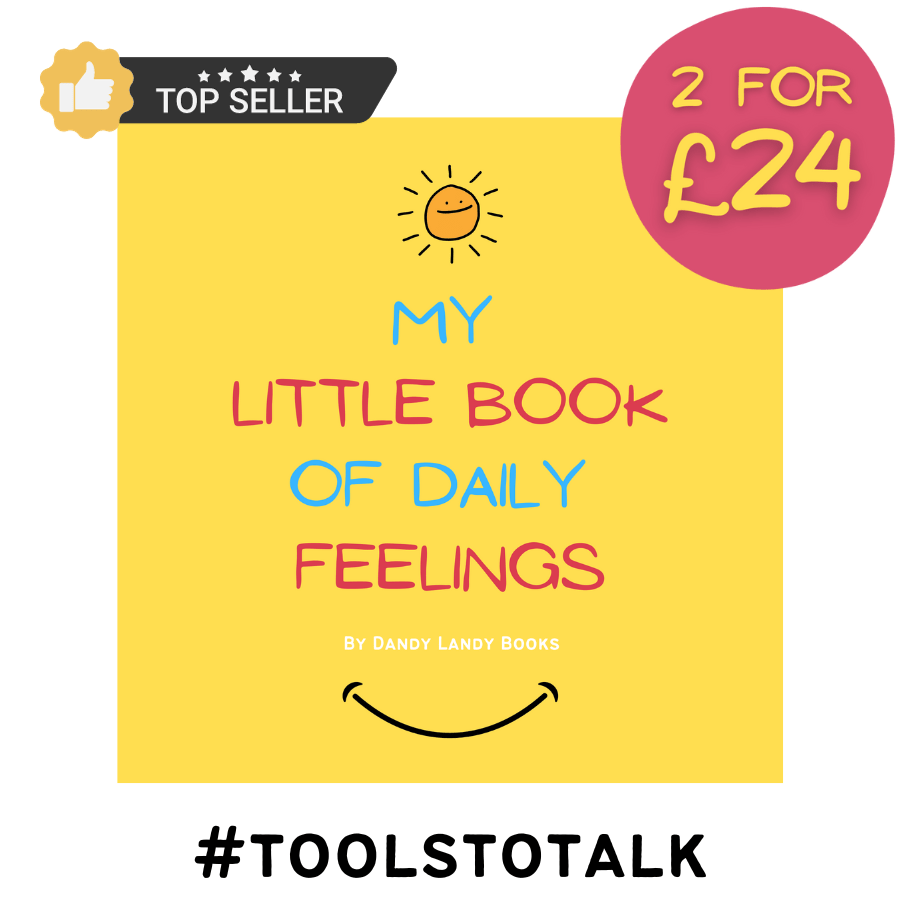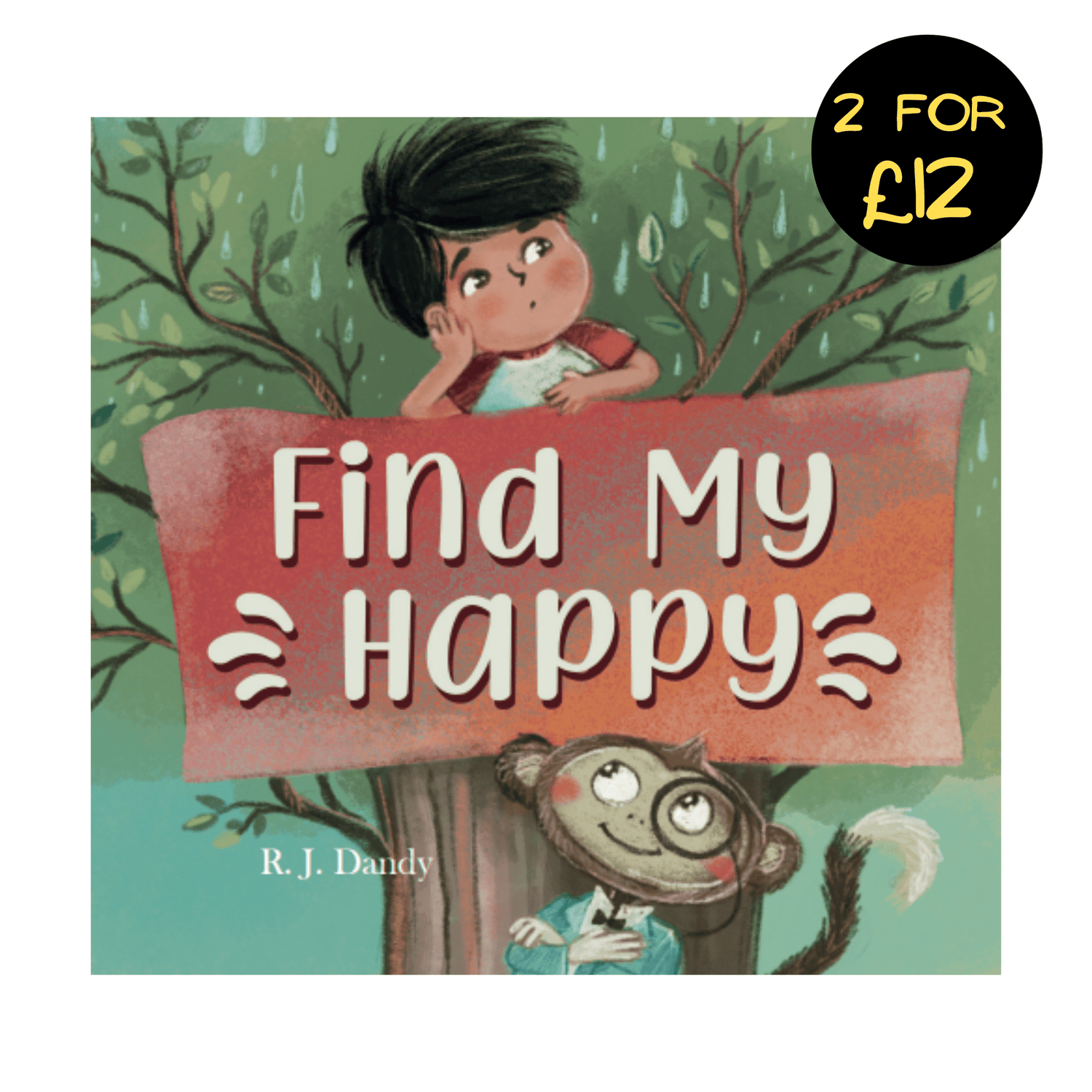Introducing our 'I Feel Angry' Activity books for ages 5 to 7 and 8 to 11...
-
©️ I Feel Angry | Ages 5 to 7 | Let's look at stuff that can help | A4 Activity book designed to help children aged 5 to 7 years cope with BIG feelings of anger.
Regular price £12.99 GBPRegular priceUnit price per -
DIGITAL DOWNLOAD: ©️ I Feel Angry | Ages 5 to 7 | Let's look at stuff that can help | A4 Activity book designed to help children aged 5 to 7 years cope with BIG feelings of anger.
Regular price £12.99 GBPRegular priceUnit price per
-
©️ I Feel Angry | Ages 8 to 11 | Let's look at stuff that can help | A4 Activity book designed to help children aged 8 to 11 years cope with BIG feelings of anger.
Regular price £12.99 GBPRegular priceUnit price per -
DIGITAL DOWNLOAD: ©️ I Feel Angry | Ages 8 to 11 | Let's look at stuff that can help | A4 Activity book designed to help children aged 8 to 11 years cope with BIG feelings of anger.
Regular price £12.99 GBPRegular priceUnit price per
Don't just take our word for it!

We have over 50 - 5 star reviews through our Tik Tok Shop and growing! The feedback has been wonderful and we couldn't be happier that our books are helping you!
Have you seen our other books? We also have a book called 'I Feel Anxious'...
-

Emotional Support Books
Our carefully crafted workbooks are more than just educational resources; they are...
-

Storybooks
At "Dandy Landy Books," we believe in the transformative power of literature....














